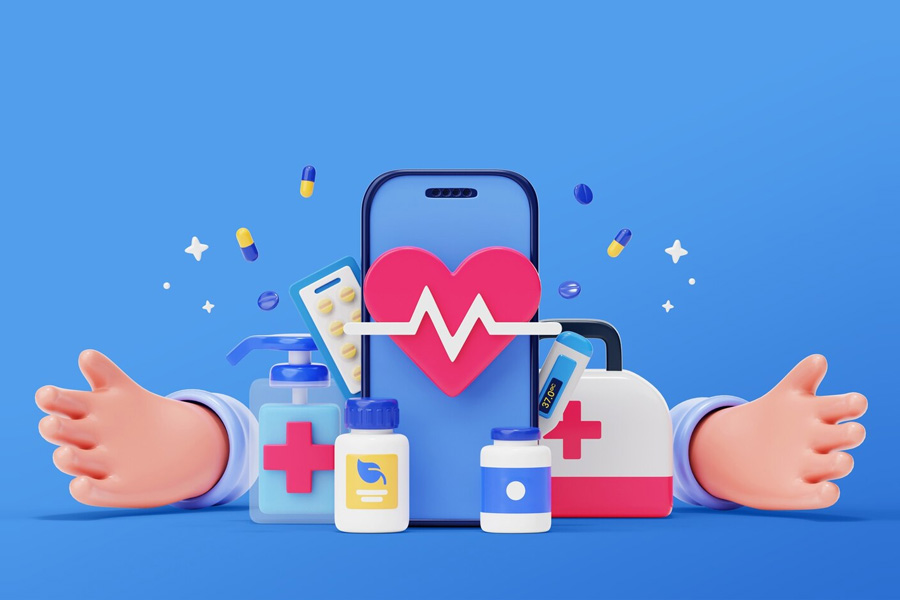
Building consumer trust is the most crucial factor for driving sales of e-healthcare products through mobile apps.
Authors
Om Jee Gupta, Jaipuria Institute of Management Lucknow, Lucknow, India
Manoj K. Srivastava, Dr Gaur Hari Singhania Institute of Management and Research, Kanpur, India
Pooja Darda, Jaipuria Institute of Management, Indore, India
Susheel Yadav, Assistant Professor, Jindal Global Business School, O.P. Jindal Global University, Sonipat, Haryana, 131001, India
Vinaytosh Mishra, College of Healthcare Management and Economics, Gulf Medical University, Ajman, United Arab Emirates
Summary
Purpose
E-healthcare has gained importance, particularly in emerging economies, because of its ability to provide health-care products and services while minimizing contact with the external world, which was particularly relevant during the COVID-19 pandemic. Despite its advantages, consumers seem hesitant to use mobile apps to access such services. Previous research has found that perceived usefulness, time consumption and price significantly impact consumer willingness to purchase e-healthcare products on mobile apps. This study aims to investigate the role of consumer trust in the willingness to purchase e-healthcare products on mobile apps while controlling for the effects of perceived usefulness, time consumption and price.
Design/methodology/approach
Data have been collected using non-probability judgmental and snowball sampling techniques from five major cities in India. After the data cleaning process, 238 questionnaires were used for data analysis in this study. The authors used confirmatory factor analysis to validate all the constructs and subsequently used the hierarchical regression technique to conduct this study.
Findings
The study’s findings show that consumer trust is the most crucial factor for predicting a willingness to purchase e-healthcare products through mobile apps, despite several other variables that also have a positive impact. These findings present important practical implications for mobile app developers, health-care professionals and lawmakers to further enhance the adoption of e-healthcare products on mobile apps.
Research limitations/implications
The research was conducted by considering primarily young adults (those between the ages of 20 and 45 – above) and targeted five cities in India. This highlights a limitation in the research, as small groups of the intended audience were included (mainly young people).
Originality/value
This study considers perceived usefulness, time and price, in addition to trust, to predict consumer willingness to purchase. Its findings can be valuable in the fields of consumer behavior, health care and technology, especially in emerging markets.
Published in: International Journal of Pharmaceutical and Healthcare Marketing
To read the full article, please click here.

